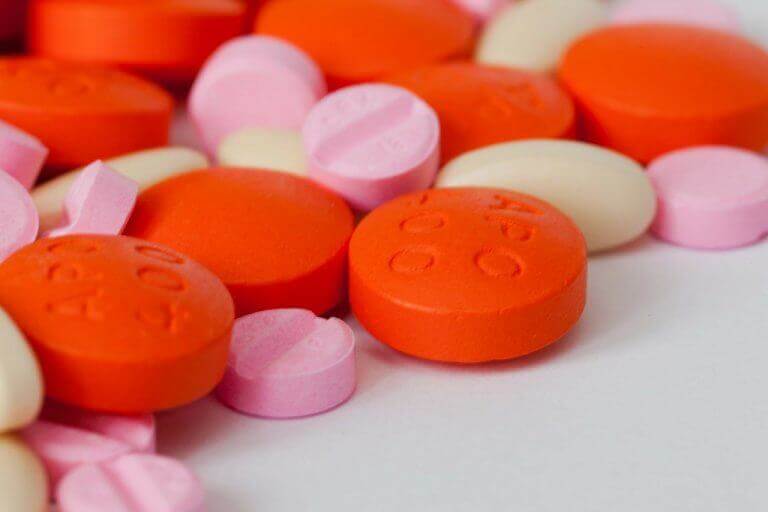A former Insys Therapeutics executive, accused in an opioid bribe scheme, may have once gifted a lap dance to a doctor the company was pressuring to prescribe opioids drugs to patients. The troubling allegations are emerging as part of Insys trial in Boston.
Jurors heard the “lap dance” testimony on the second day of the federal trial in Boston against Insys Therapeutics founder, John Kapoor, and four other former executives. Apparently, Sunrise Lee, was a former exotic dancer with no experience in pharmaceuticals, who was hired to be a regional sales manager.
Holly Brown, a former Insys sales representative, testified that her superiors encouraged her and others of the sale team to focus their attention on a specific doctor who was known for prescribing a high amount of opioids, named Dr. Paul Madison. She says at one party she saw Lee sitting on Madison’s lap and “bouncing around,” with Madison’s hands “inappropriately all over” Lee’s chest. The prosecutors say this was part of an opioid bribe scheme.
The scheme also involved expensive social events and meals that were billed as business meetings for doctors to learn more about the company’s products. However, prosecutors note that these gatherings involved unnecessary expenses and rarely resulted in any beneficial business relations. Prosecutors also note that the main product the executives were trying to push doctors to prescribe was an incredibly addictive fentanyl-based spray.
Troubling Statistics
This trial is being closely watched and could act as further proof of big pharma’s growing influence on the medical community. A study out of Georgetown University Medical Center shows that doctors who receive gifts from the drug industry are more likely to prescribe branded drugs. The study focused on doctors participating in the Medicare D program. Here’s a look at some of the numbers:
- 8% of the doctors were more likely to prescribe a branded drug than those who had not received a gift.
- 39% of the doctors in the study had received gifts from pharmaceutical companies.
- Doctors receiving gifts of $550+ average $189 per prescription.
- Doctors receiving less than $500 averaged $114.
- Gifts could be defined as cash, meals, or ownership interests
Researchers from Georgetown University Medical Center said their study “confirms and expands on previous work showing that industry gifts are associated with more expensive prescriptions and more branded prescriptions.” They added, “Industry gifts influence prescribing behavior, may have adverse public health implications, and should be banned.”
Insys Therapeutics
In this case, lawyers for Kapoor have denied all wrongdoing. Kapoor’s attorneys say that any criminal activity was orchestrated by Alec Burlakoff, former vice president of sales, who pleaded guilty to the kickback scheme and is expected to testify against Kapoor.
Madison was convicted this past fall in an unrelated matter on a variety of charges, including health care fraud. Madison’s sentencing is expected to take place in March.
To learn more about this kickback scheme or various types of fraud including Medicare fraud, pharmaceutical fraud, and financial fraud, visit Jeff Newman Law today!
